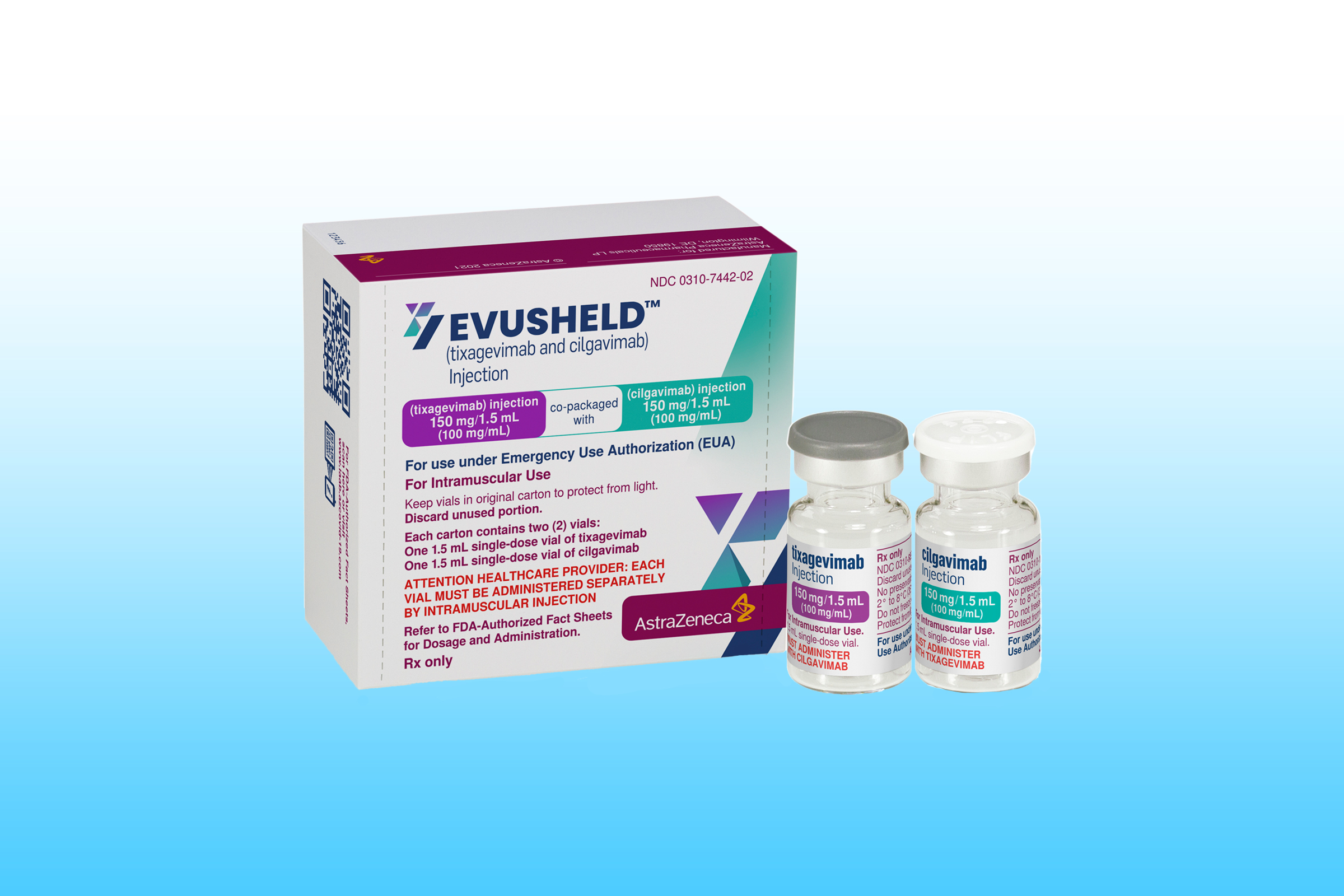COVID-19 vaccines work—but immunocompromised individuals may not produce as strong an immune response. Evusheld became the first treatment to protect this group before exposure to the virus when it received emergency authorization from the FDA in December 2021. The antibody therapy—made by AstraZeneca and given by injection to people at high risk of developing serious disease if they get COVID-19—is a combination of two monoclonal antibodies that soak up virus proteins to prevent them from infecting healthy cells. There is a downside of antibody-based treatments like Evusheld, however: viruses can mutate to become resistant to them. The FDA has warned that the therapy might not be as effective with newer Omicron variants compared to previous strains of SARS-CoV-2.
- What Student Photojournalists Saw at the Campus Protests
- How Far Trump Would Go
- Why Maternity Care Is Underpaid
- Saving Seconds Is Better Than Hours
- Welcome to the Golden Age of Ryan Gosling
- Scientists Are Finding Out Just How Toxic Your Stuff Is
- The 100 Most Influential People of 2024
- Want Weekly Recs on What to Watch, Read, and More? Sign Up for Worth Your Time
